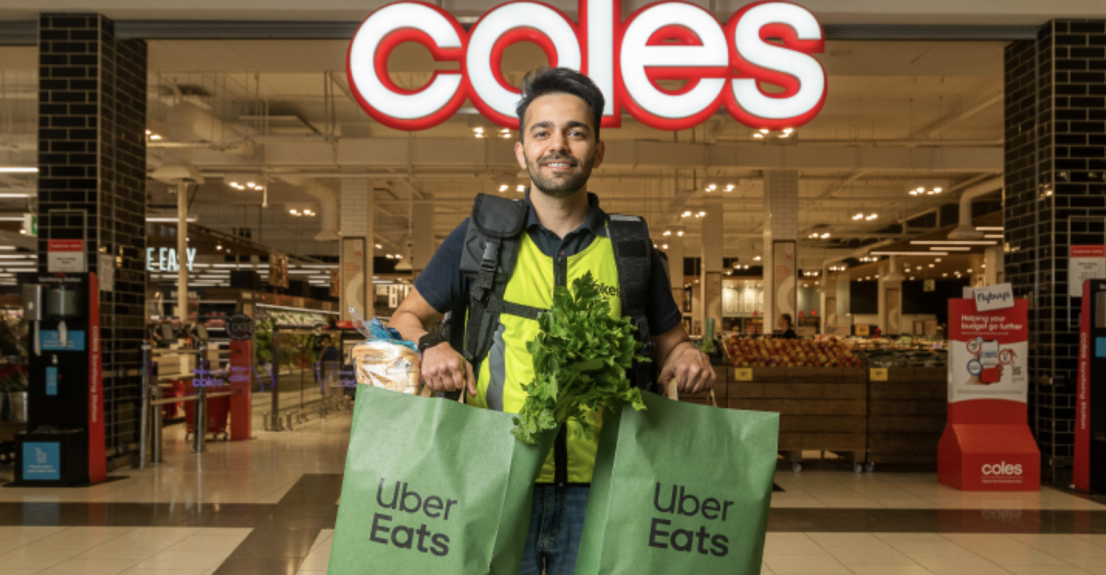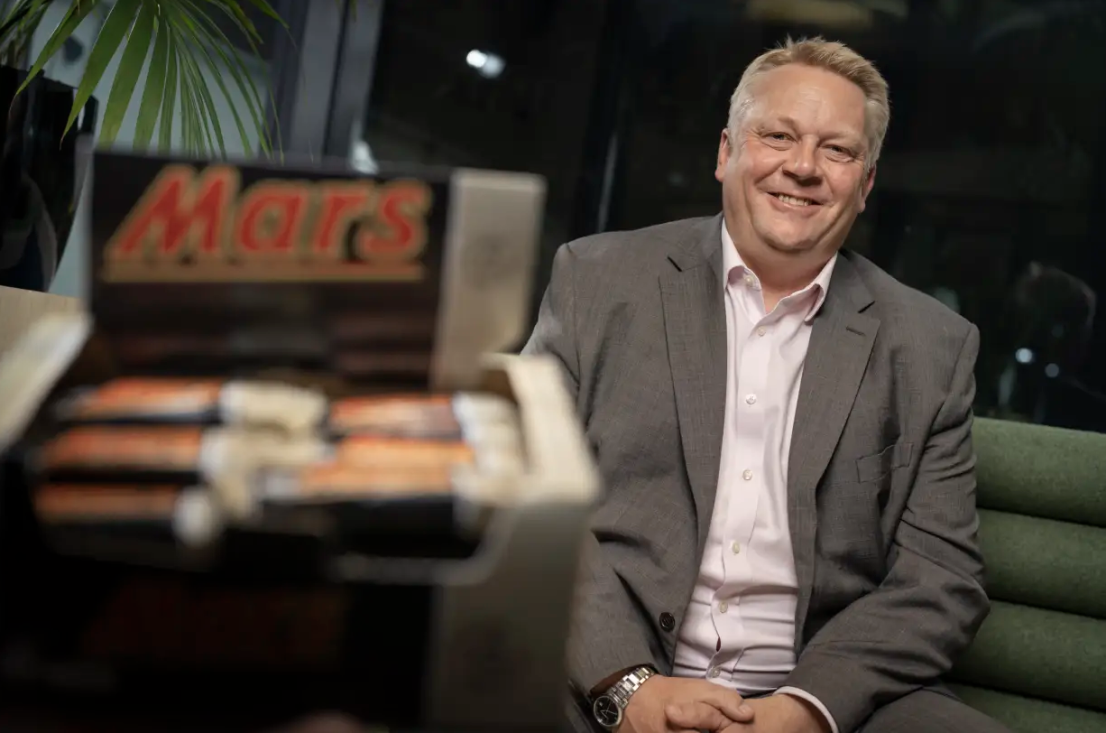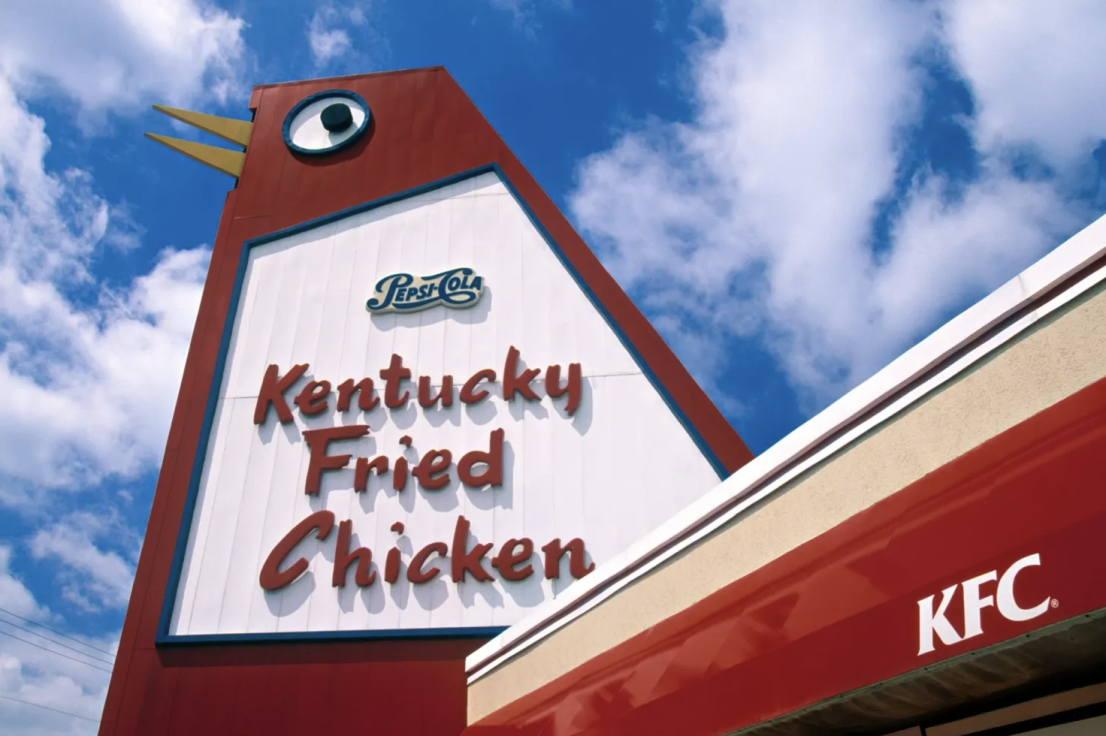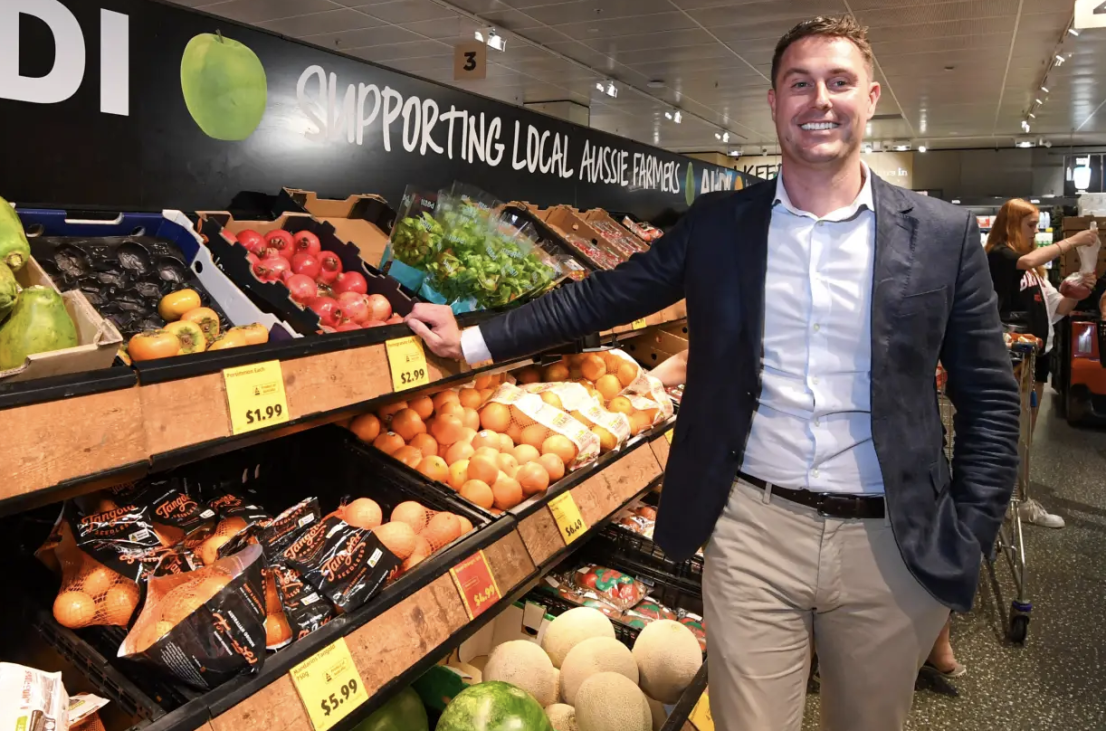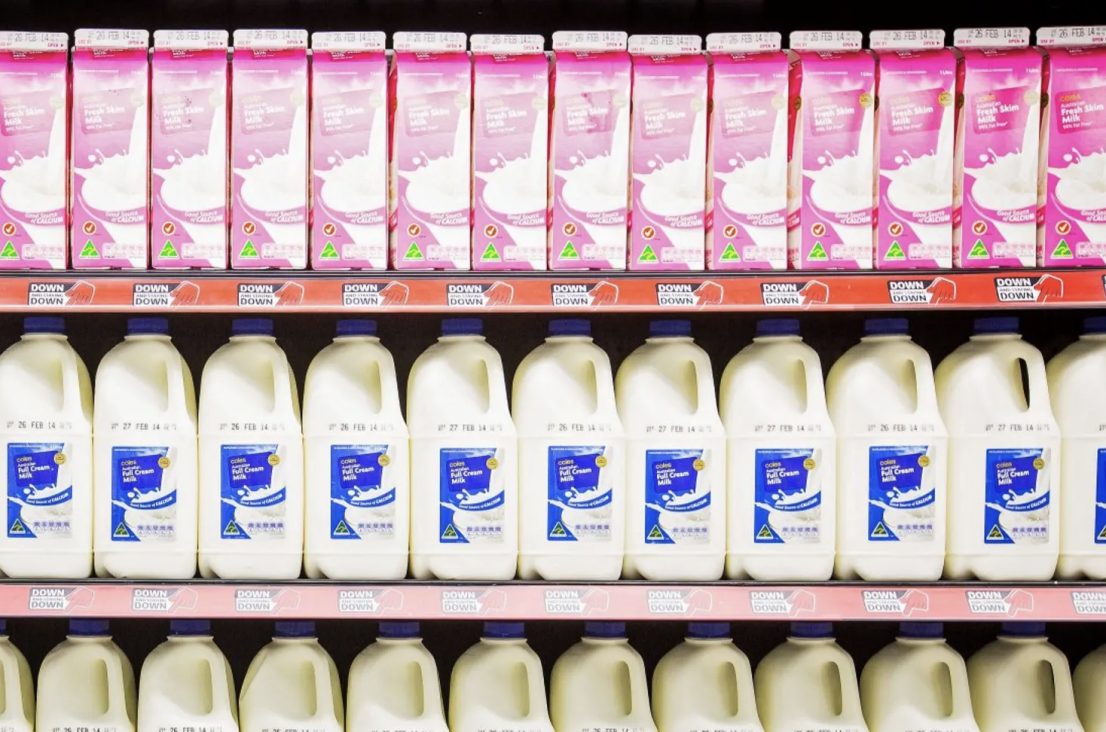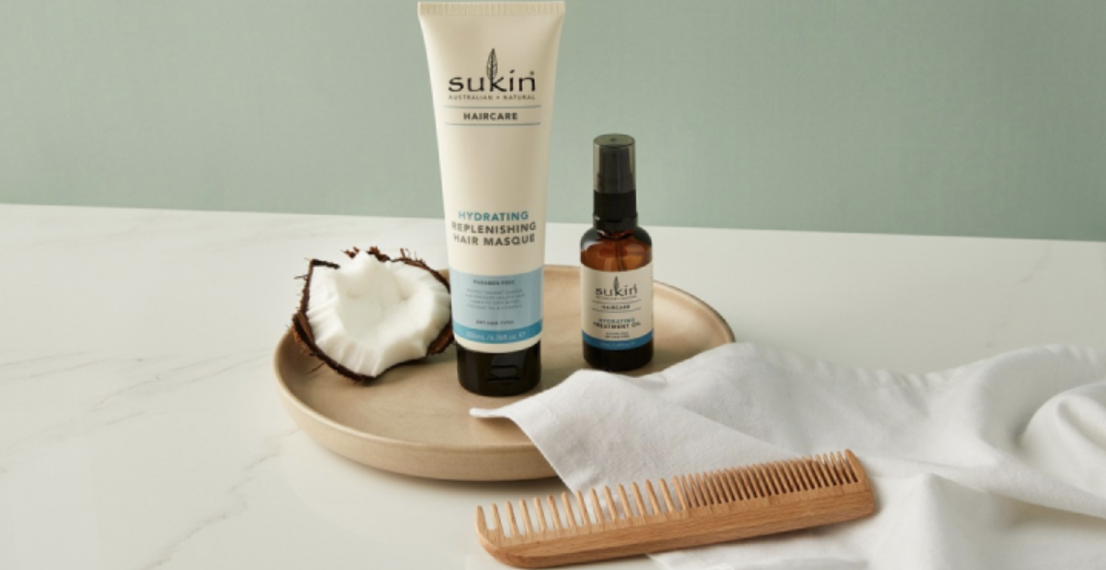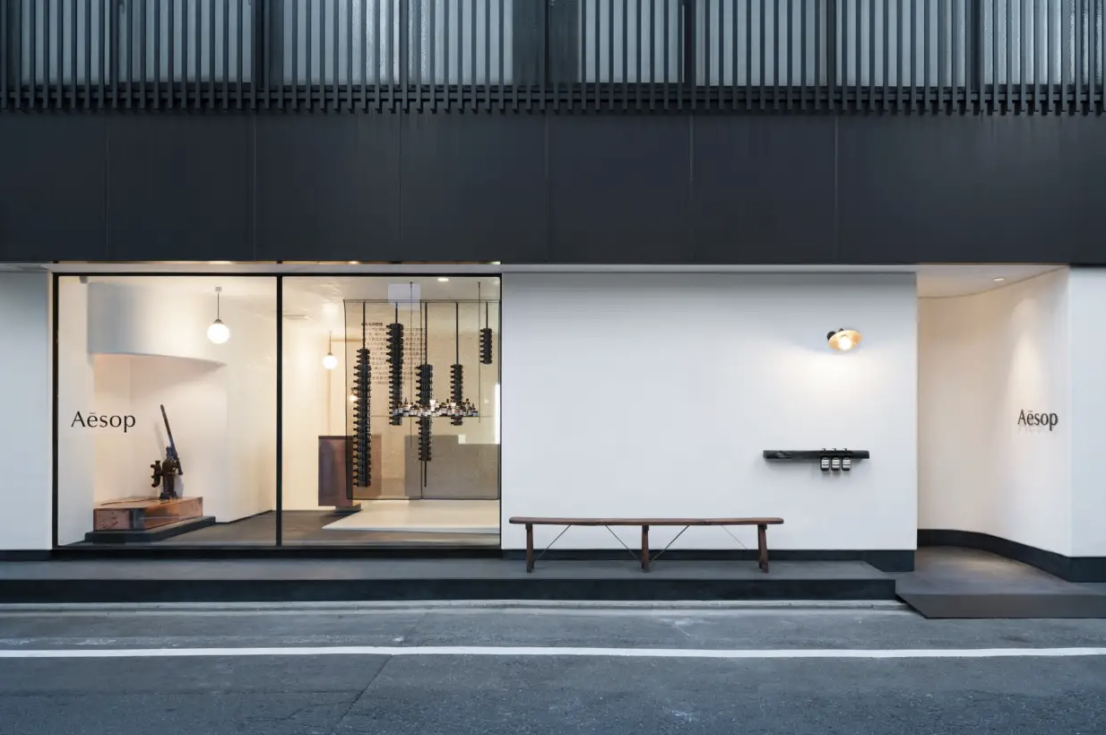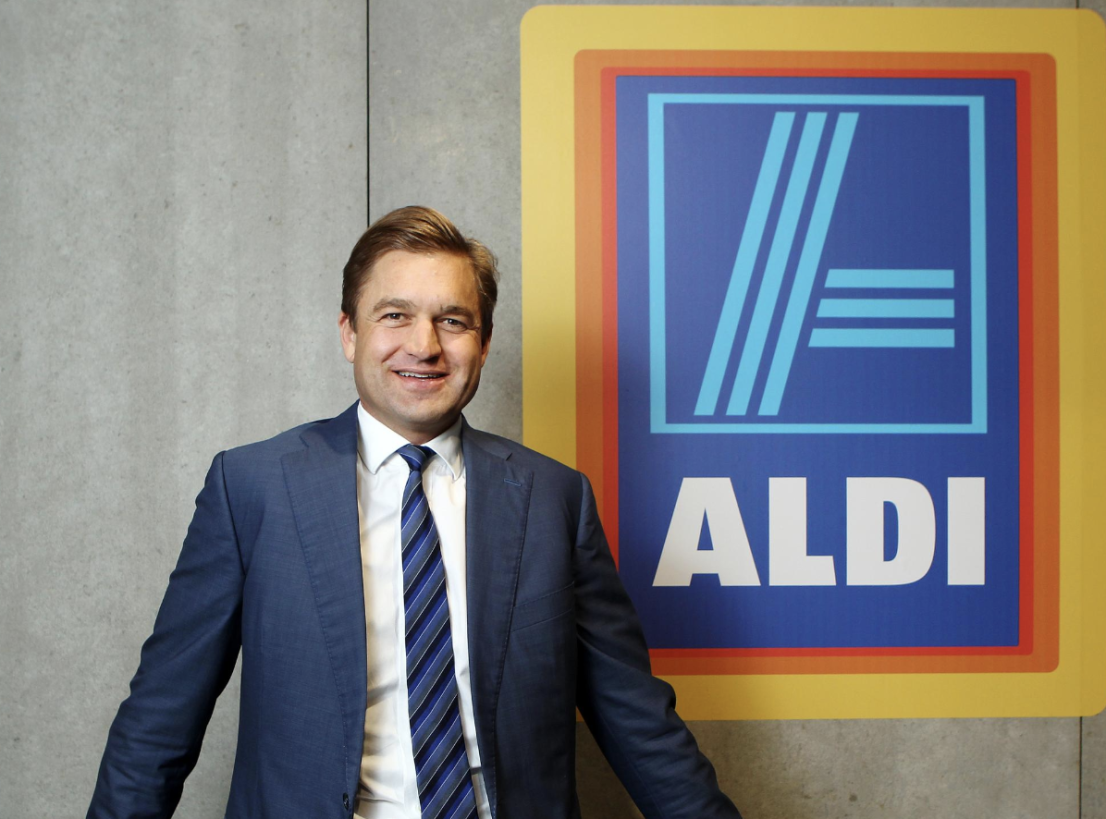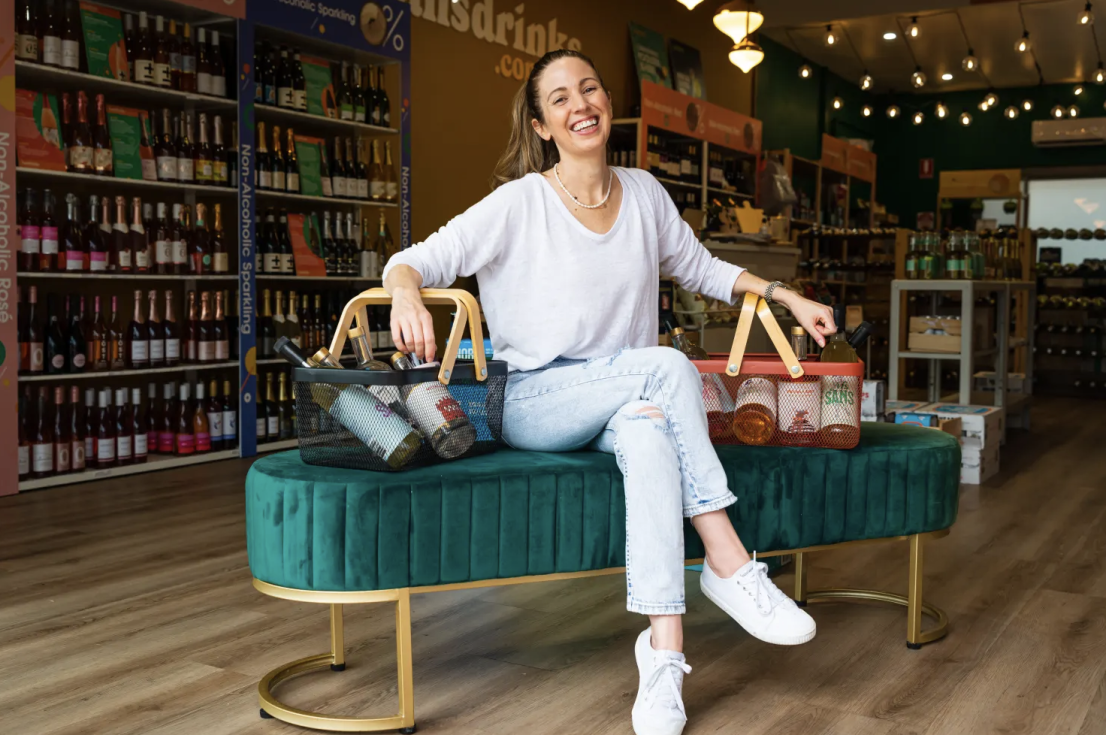
Entrepreneur Irene Falcone has ruled out buying beauty e-commerce platform Nourished Life, which she founded in 2011, back from collapsed cosmetics empire BWX, which has listed Nourished Life and another online retailer for sale.
Falcone founded Nourished Life as a blog before it became an online marketplace dedicated to natural and clean beauty products, and sold it to BWX in 2017 for $20 million.
However, the troubled parent company is now seeking buyers for Nourished Life and eco-friendly marketplace Flora & Fauna in a move that will swiftly shrink its stable of brands, while it also scrambles to offload its stake in celebrity cosmetic lines Go-To Skincare and Purely Byron.
But Falcone said BWX had done such a poor job of operating Nourished Life that she would not consider repurchasing the platform, a move that would have echoed make-up mogul Zoe Foster Blake’s pole position to buy Go-To Skincare back at a bargain-basement price.
“When you shopped at Nourished Life, you knew every single ingredient was clean, checked, had complied with this amazing matrix of ingredients policies. Since I left, I’ve seen ... a whole bunch of rubbish there,” she said. “Why would I pay money for it?”
“I wouldn’t want to buy it back for that reason. It’s just tarnished now.”
KPMG’s David Hardy, Gayle Dickerson, James Stewart and James Dampney have been appointed as receivers and managers handling the day-to-day operations of Nourished Life and Flora & Fauna, together known as BWX Digital. They are now eliciting “urgent expressions of interest to acquire or recapitalise” the platforms’ assets and operations.
“BWX Digital comprises Nourished Life and Flora & Fauna, two of Australia’s leading e-commerce platforms operating multi-category portfolios of eco-friendly, natural and organic, toxin-free, health, wellbeing and lifestyle products,” KPMG said in a statement.
The sale of the e-commerce platforms marks the third and fourth business that BWX, itself in voluntary administration, is offloading following the high-profile and likely return of Go-To to Zoe Foster Blake, and the collapse of Elsa Pataky-founded cosmetics line Purely Byron in March. BWX owns 47 per cent of Purely Byron, which has appointed administrators to find a new owner.
BWX’s remaining brands are Sukin, Andalou and Mineral Fusion, the first two of which are sold through pharmacy and supermarket retailers Priceline, Woolworths and Coles.
“BWX Digital is also in voluntary administration, meaning interested parties can consider a sale as a going concern, a recapitalisation or restructuring of the business through a Deed of Company Arrangement [DOCA],” KPMG’s statement said.
Spanning skincare, make-up, eco-friendly home and baby products, food, health and pet merchandise, Nourished Life and Flora & Fauna sell a combined 590 brands and nearly 13,000 products, and together made net sales of $32.5 million in the 2022 financial year. The brands have a combined 115,000 customers considered “active” and 337,000 loyalty program members.
The hasty sales process will last for barely 48 hours, with expressions of interest closing at 5pm on Friday.
The two sites appear to have ceased trading – customers have been barred from making purchases and the checkout process has been blocked.
“We’re sorry but our checkout page is currently unavailable. We are working to get it back up and running as quickly as possible,” says a banner on Nourished Life’s website. “If you need anything else from us, please contact our lovely customer care team.”
The Flora & Fauna website permits users to add items to their shopping cart, but posts a similar message when attempting to check out.
“Checkout currently unavailable,” users are told. “In the meantime, please feel free to continue browsing our website and adding items to your cart or wishlist. Rest assured that your items will be waiting for you when our checkout page is back online.
“Keep an eye on the main page for updates. We appreciate your patience and understanding during this time, and we hope you have a lovely day!”
Some social media users have posted comments under Nourished Life’s latest Instagram post querying when the checkout process will recommence.
While KPMG have been appointed manager and receivers of the two platforms, representing secured creditors, FTI Consulting have been appointed by the BWX board as administrators.


